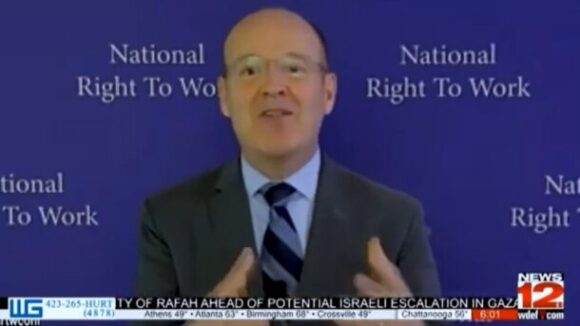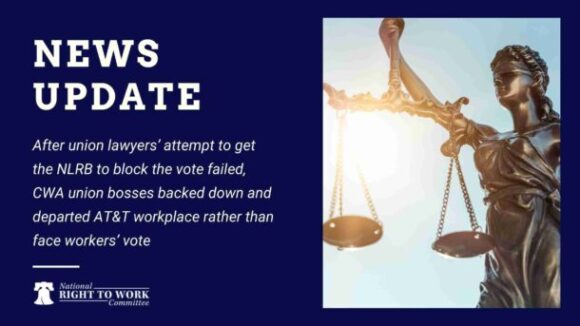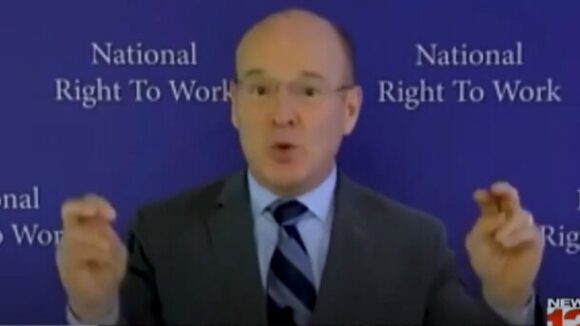Stacking the Union-Organizing Deck in Tennessee
Mark Mix: Shawn Fain has been UAW president for barely over a year. But he has already shown he is completely…
It was more than 70 years ago that Justice Robert Jackson famously declared, in his U.S. Supreme Court majority opinion resolving West Virginia State Board of Education v. Barnette, that free speech and other core constitutional rights of the individual must generally be placed “beyond the reach of majorities and officials.”
Justice Jackson elaborated: “One’s right to life, liberty, and property, to free speech, a free press, freedom of worship and assembly, and other fundamental rights may not be submitted to vote; they depend on the outcome of no elections.”
Unfortunately, lawmakers and judges have for decades made unwarranted exceptions in the realm of labor policy to the rule Robert Jackson elucidated so well. That’s why, next week, employees at the Volkswagen (VW) assembly plant in Chattanooga, Tenn., will participate in an election, held under the auspices of National Labor Relations Board (NLRB) bureaucrats, to determine whether or not officers of the United Auto Workers (UAW/AFL-CIO) union will acquire monopoly-bargaining power at the facility.
If UAW kingpins win, any manager or supervisor who willingly listens to one or more employees explain why they disagree with a position or positions espoused by the UAW brass will be culpable of an “unfair labor practice” that may result in fines or other penalties being levied against the company by the NLRB.
National Right to Work Committee members don’t think any private organization should ever be granted such extraordinary power over any citizen’s freedom to communicate his or her ideas with willing listeners. But since the personal freedom of VW employees in Tennessee is at risk of being curtailed depending on the outcome of next week’s vote, it is vitally important that participants in the election understand exactly what is at stake.
Unfortunately, as an editorial in the Washington Times today notes (see the link below), VW leaders who for reasons of their own are very eager to appease UAW union bosses have so far gone out of their way to tilt the scales against employees who oppose monopolistic unionism:
The company has allowed union activists to canvass inside the plant, while forbidding employees opposed to unionization an equal chance to argue the other side.
The editorial later quotes Mark Mix, president of the National Right to Work Legal Defense Foundation and the National Right to Work Committee. Mix is urging VW officials to change course and at least allow a free election over the question of whether or not a union should be handed monopoly-bargaining privileges:
“We call on VW,” says Mr. Mix, “to give workers opposing the union equal access and also to release any agreements it has signed regarding what would happen if the UAW union takes monopoly bargaining power over the workplace … . VW workers should be given all the facts before the election so that they can make an informed choice, and we will oppose efforts to stampede them or tilt the playing field.”

Mark Mix: Shawn Fain has been UAW president for barely over a year. But he has already shown he is completely…

After union lawyers’ attempt to get the NLRB to block the vote failed, CWA union bosses backed down and departed AT&T workplace rather than face workers’ vote

Mark Mix Voices His Concerns On Tennessee’s WDEF News 12 as Big Labor Prepares for a Card Check Election at the Chattanooga Volkswagen Plant.